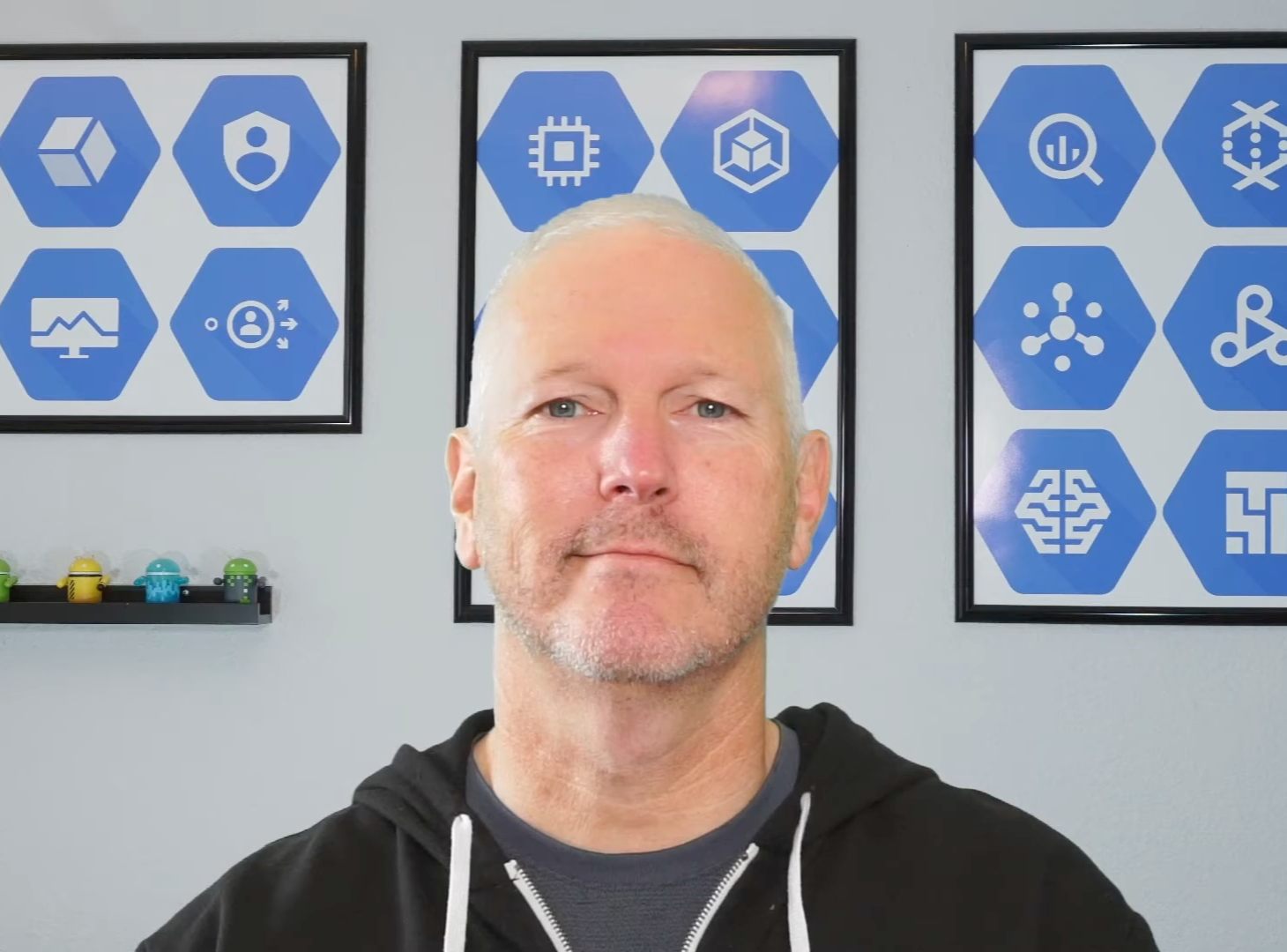Where innovation meets your people
ROI Training is the training partner for the world’s most innovative companies.
Trusted by the world’s most innovative companies
When you’re innovative...
When you run one of the world’s most innovative companies, innovation seeps through everything. Your people. Your processes. Your technology. So why do so many still rely on cookie-cutter training that’s meant for the masses?
You have a choice.
When everyone’s getting training, but no one’s really learning, you have a choice. You can rely on what you’ve always done… and hope that this time, it might be good enough. Or, you can treat your training as the innovation driver your organization deserves.

You’ve invested in innovation. Now, realize its ROI.
When you engage ROI Training, your people gain an unfair advantage—they become true innovators.
With custom training programs built specifically for your organization and delivered by proven experts, ROI Training gives your people the skills to take your business wherever you want it to go.
Why the most innovative companies choose ROI
There’s a reason Google Cloud selected ROI Training as its Training Partner of the Year 10x.
The world’s best instructors
Expertise in the room with you.
Global scale and unmatched quality
Innovative teams deserve innovative training.
Flawless execution
Operations excellence in every detail.
20+
Years of successful customer outcomes
1,000+
Enterprises served with ROI Training solutions
600k+
Professionals trained on cloud, AI, and infrastructure technologies
Innovative training for innovative teams


Global expertise, high-touch service
Technology foundations that drive more innovation
ROI Training is always up on the latest technology, so your people stay ahead of the curve.
“ROI's dedicated partnership, flexibility, and seemingly limitless patience allowed us to together deliver an unprecedented training campaign that spanned across the globe.”
“The hands-on labs provided were very helpful and valuable...the training experience gives insights to lots of inner workings of cloud platforms.”
“A lot of real-world scenarios and solutions were taught which definitely helped me understand the concepts better.”
“Learned more about networking in this two-day class than I think I did the first three weeks of my network course in college.”
“I believe the training we were able to put together is going to have a massive impact on the way that this company performs in ways that are both measurable, and immeasurable.”
“The whole experience of working with ROI has been second to none, from creating training schedules and assigning trainers, to the quality of the trainers. The ROI trainers have a deep interest and understanding of Google Cloud, combined with soft skills of delivering face-to-face training.”
“This program gave me all the necessary skills to hit the ground running when I joined my business unit. I was able to get real world, practical experience using technologies that I used every day in my job.”
“This training program developed by ROI gave our new-hires the skills they needed to immediately add value to the business. The customized, hands-on modules simulated our tech stack gave learners the necessary skills to do their jobs effectively and enthusiastically.”
“The training program developed by ROI gave our new hires the skills they needed to immediately add value to the business.”
